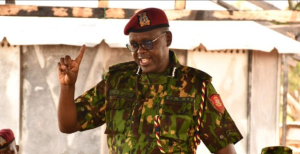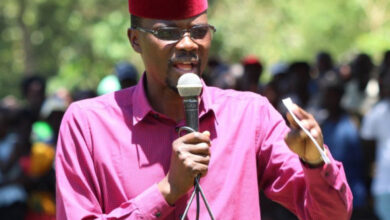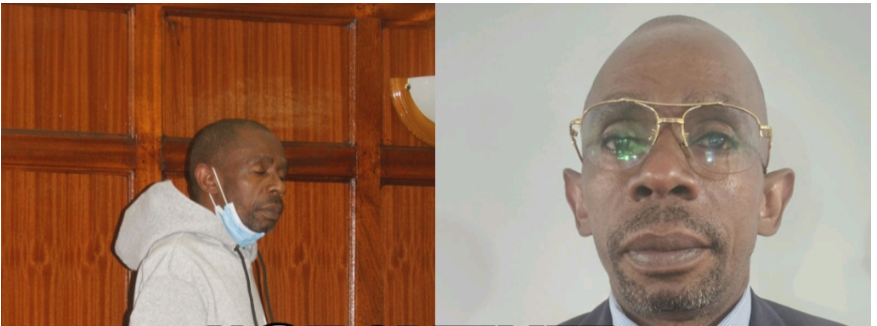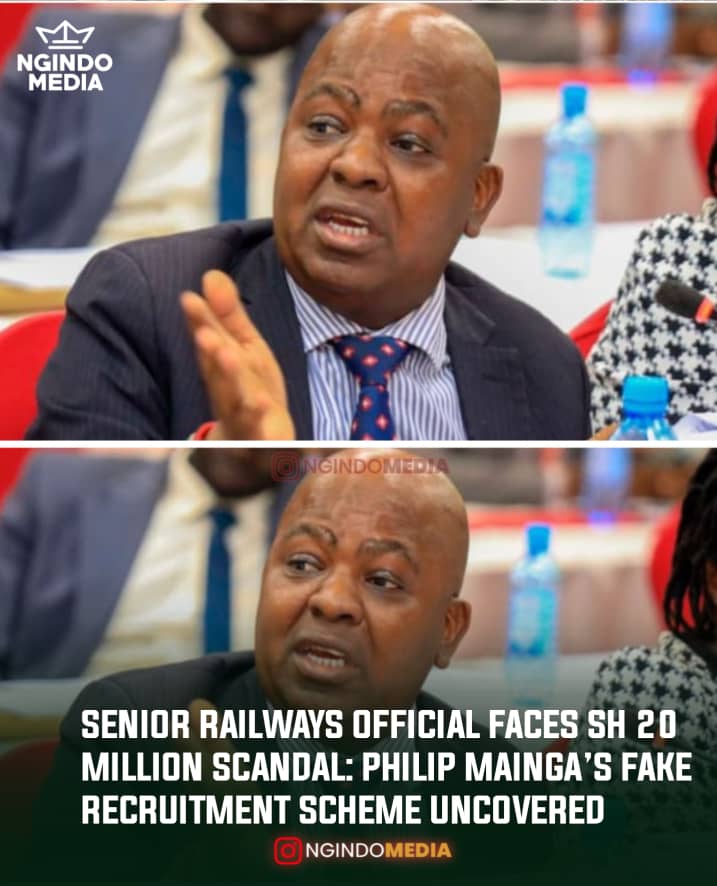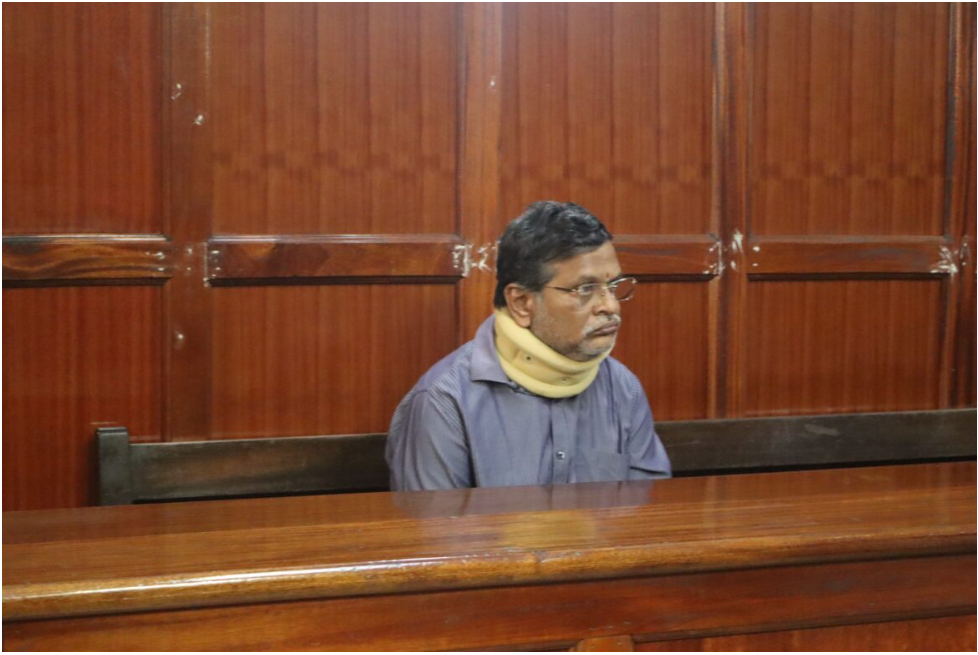Oburu Demands Justice: Should DIG Eliud Lagat Be Arrested for Albert Ojwang’s Death?
Albert Ojwang's Controversial Death: The Role of DIG Eliud Lagat Under Scrutiny
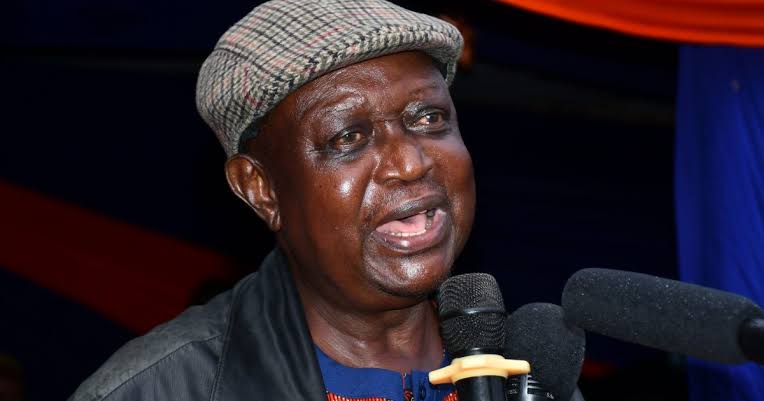
Siaya County Senator Oburu Odinga has escalated his demands for accountability in the wake of the tragic death of Albert Ojwang, a 31-year-old teacher and social media influencer, who reportedly died from assault while in police custody.
During a Senate session on Tuesday, Oburu expressed his concerns regarding the lack of action against senior police officials linked to Ojwang’s demise, emphasizing the growing public outrage surrounding the incident. He specifically called for the arrest and questioning of Deputy Inspector General Eliud Lagat, who had previously lodged a defamation complaint that led to Ojwang’s detention. Oburu’s remarks highlighted the urgency of addressing the case thoroughly, asserting that failure to do so would undermine public trust in the authorities.
Siaya County Senator Oburu Odinga has escalated his demands for accountability in the wake of the tragic death of Albert Ojwang, a 31-year-old teacher and social media influencer who passed away while in police custody. During a Senate session on Tuesday, Oburu expressed his concerns regarding the lack of action against Deputy Inspector General Eliud Lagat, who has been linked to Ojwang’s death. He questioned the rationale behind allowing senior police officials, who are implicated in the case, to remain unarrested while public outrage continues to grow.
Oburu emphasized the importance of thorough investigation, stating that failure to address the matter comprehensively would undermine public trust in the authorities. This call for accountability follows a post-mortem examination that revealed Ojwang’s death was likely the result of assault rather than self-inflicted injuries, contradicting earlier police claims that he had injured himself by hitting his head against a cell wall. Dr. Bernard Midia, the lead pathologist, reported evidence of soft tissue injuries and neck compression, indicating external assault, along with frontal bleeding in the brain that he deemed unlikely to be self-inflicted. This new evidence directly challenges the police narrative surrounding Ojwang’s death at Nairobi’s Central Police Station on June 8, raising serious questions about the circumstances leading to his untimely demise.
“Big Boys” Behind the Death
Oburu dismissed suggestions that junior officers were responsible for Ojwang’s death, insisting it “was executed by the big boys” – referring to senior police officials.
He questioned the legitimacy of the original arrest, arguing that the false publication charge did not warrant detention.
“How could a senior police officer arrest someone just because he was making him infamous?” Oburu asked, adding, “What did the police officer want to do with fame?”
The Senator drew parallels to other cases involving criticism of public figures, noting: “I have seen incidents where people are putting the president in a cell, and they are never arrested. Is this police officer bigger than the president?”
Timeline of Events
Ojwang was arrested on June 6 by DCI officers in Homa Bay following Lagat’s defamation complaint over social media posts. After being transferred to Nairobi, he was interrogated and booked on June 7 before being found unconscious during what police termed a “routine cell check” the following day.
The family’s lawyer reported injuries consistent with torture, including head wounds and nasal bleeding, contradicting police claims about the circumstances of his death.
Law Society of Kenya President Faith Odhiambo described the injuries as consistent with torture, calling it “extra-judicial execution” and demanding accountability from all involved officers.
“Someone gave the order to pick him up from Homa Bay. Someone must be held accountable,” Odhiambo stated, promising continued pressure until every implicated officer faces consequences.
In an emotional plea, Ojwang’s father directly addressed DIG Lagat: “Eliud Lagat, were you the one who sent your people? What did he do to deserve this? Why was my child crucified?”
Inspector General Douglas Kanja has interdicted officers who were on duty during Ojwang’s detention, including the Officer Commanding Station.
However, the Law Society of Kenya has criticized the lack of transparency, particularly the failure to publicly name the implicated officers.
The incident triggered a series of protests in Nairobi, with demonstrators demanding justice for Ojwang and Lagat’s resignation.
Former Chief Justice David Maraga and other legal experts have condemned the death as part of a growing pattern of state repression.

